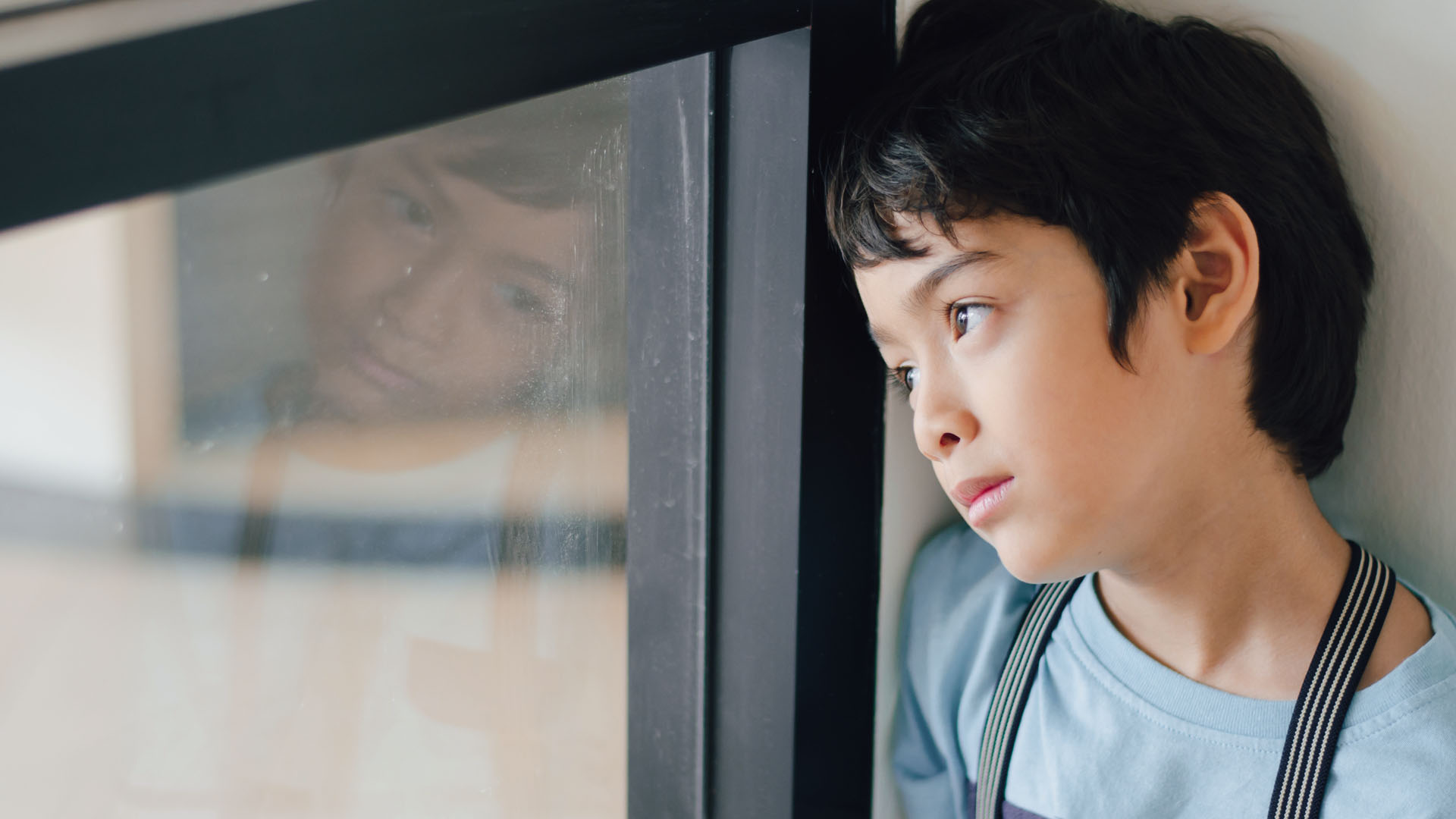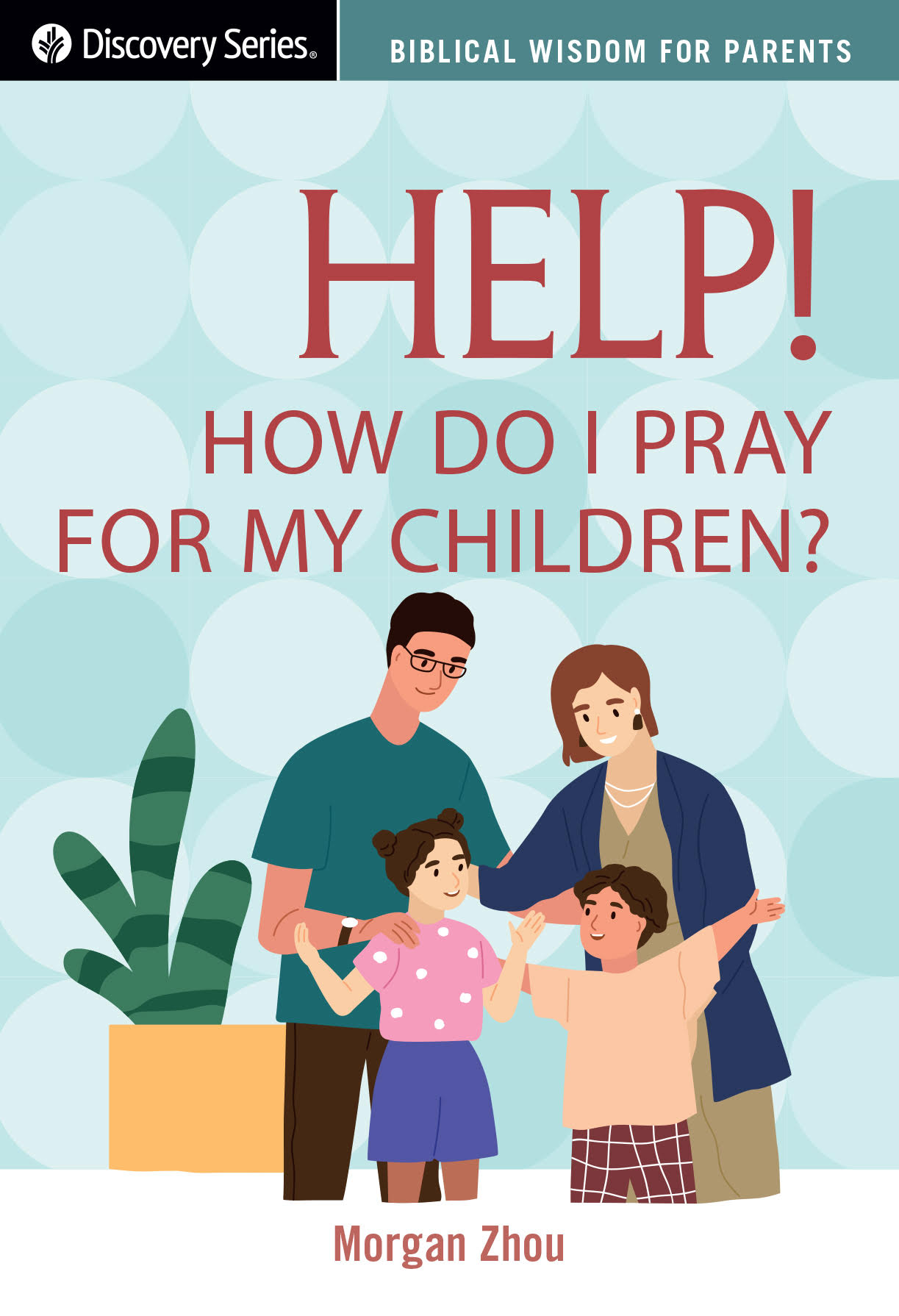
Mental health—it’s a phrase that’s now in the spotlight. And rightly so, for its importance has, for a long time, not been understood or probably underplayed. Despite many people—including children—suffering from poor mental health, not many of us actually know what it really is.
In fact, when we think about mental health, the words that are likely to pop into our mind are: Crazy. Mental illness. No future.
Yet, this couldn’t be further from the truth. When it comes down to it, mental health refers to a state of mental well-being that includes our emotional, psychological, and social well-being. Poor mental health and mental illness are not the same thing.
And, just like with physical health, having good mental health is especially important for children—who may not be fully equipped to care for their own mental well-being, or to make sense of what they are feeling or experiencing, due to their age and vulnerability.
In view of this, what can we do about our children’s mental health? And what does the Bible say about it?
Help! How Do I Pray for My Children?
Get our latest family resource!
Our latest resource, Help! How Do I Pray for My Children? is now available.Get a copy
Every month, we roll out a new resource for families. Subscribe to our email updates, and be the first to get a copy!
When Scripture Says Shalom
Even though the idea of mental health might seem like a modern one, the state of mental and physical well-being features in Scripture—in the concept of shalom, according to Rev. Dr. McCoy Chow.
According to the Theological Wordbook of the Old Testament, the general meaning behind the Hebrew root of shalom is “completion and fulfilment—of entering into a state of wholeness and unity, a restored relationship”, notes Pastor McCoy, who pastors Emmaus Evangelical Free Church.
Implicit in the biblical idea of shalom peace is the idea of “unimpaired relations with others and fulfilment in one’s undertakings”. In other words, good mental health means having shalom—or “completeness, wholeness, harmony, fulfilment”, as the Wordbook puts it.
Good mental health means having shalom—or “completeness, wholeness, harmony, fulfilment”
The Hebrew concept of shalom is also found in the New Testament. Its Greek equivalent is “peace”, or eirene—the same peace that Jesus himself offers us in John 14:27 when He says, “Peace I leave with you; my peace I give you.”
So, how can we attain shalom? Psalm 85:8 serves as a useful reference (emphasis added):
I will listen to what God the LORD says;
he promises peace to his people, his faithful servants—
but let them not turn to folly.
This psalm implies two conditions to receiving shalom from God:
-
- We must belong to God. “We must have peace with God as ‘His people’ (v. 8), before we can have the peace of God,” says Pastor McCoy. As Romans 5:1 also reminds us: “Since we have been justified through faith, we have peace with God through our Lord Jesus Christ.”
- We must not turn to sin. Time and time again, God warns us of the consequences of disobedience: sin is a hindrance to receiving His shalom, says Pastor McCoy. But if we do sin, we can turn to Him in confession of our sins, and receive forgiveness (1 John 1:9).
Teaching about Shalom at Home
What does this mean for us as parents, as we prayerfully seek to strengthen our children’s mental health?
The biblical formula for receiving the peace of God begins with prayer and trusting in God.
First—and most importantly—we have a role in guiding and pointing them towards a living relationship with Jesus, and in teaching them to know and meditate on God’s Word. As Philippians 4:6–7 exhorts:
Do not be anxious about anything, but in every situation,
by prayer and petition, with thanksgiving,
present your requests to God. And the peace of God,
which transcends all understanding, will guard
your hearts and your minds in Christ Jesus.
“The biblical formula for receiving the peace of God begins with prayer and trusting in God,” says Pastor McCoy. This means that as parents, we should pray with our children in every situation, and teach them to do the same.
Paul goes on to write in verses 8–9 that we are to meditate on—and put into practice—whatever is true, noble, right, pure, lovely, admirable, excellent, and praiseworthy. Simply put, we are to teach our children God’s Word, and guide them to practise it in their lives.
Check In and Build Up
Looking out for our children’s mental health also means prayerfully checking in with them and building them up. Scripture guides us in how we relate to our kids. For example, we are to be “quick to listen” and “slow to speak” (James 1:19). And, we are to speak words that “encourage one another and build each other up” (1 Thessalonians 5:11).
In practical terms, this means observing our children’s behaviour and asking them how they feel on a regular basis, suggests Bettina Yeap, Principal Counsellor at the Mental Health Department (Insight) of Care Corner Singapore.
Bettina, who counsels young people with mental health challenges as well as their caregivers, advises parents to ask how their children are feeling, using a scale of 1 to 10, with 1 being poor and 10 being excellent. By checking in with them regularly, they can then assess if there is any significant difference in their children’s mood compared to their “base level”, or how they usually feel on a regular day.
When asking how they’re doing, parents can gently prompt them with questions to help them articulate their emotions, such as: “How are you feeling?”, “What are you sad about?”, or “I noticed you’ve been more moody lately. Is something happening in school?”
While they are doing this, Bettina advises parents to avoid dismissing or minimising their emotions and experiences by saying things such as:
- “Why are you like that?”
- “Don’t be sad/don’t worry/don’t be so sensitive.”
- “I know how you feel.”
“Our presence and listening without judgment is important, as it lets our children know that we are here for them.”
Rather, help your children name and express the emotions, and acknowledge them. Some helpful things you can say include:
- “I’m so sorry that you are feeling this.”
- “This must be really frustrating/hard/sad for you.”
- To encourage and help your children process and share their experience, you can ask: “What happened or what is it that made you sad/angry?”
The key to journeying with our children is by being present with them, says Bettina. Parents often believe that they need to address all their children’s problems, she notes, and tend to have something to say about everything their children tell them.
But more often than not, children just want to know that they’re not facing their problems alone.
“We can model a stance of humility and curiosity,” she says. “Our presence and listening without judgment is important, as it lets our children know that we are here for them.”
When to Consider Help
If you find that your child is experiencing a persistently low mood that lasts longer than three months, or shows signs of social withdrawal, self-harm, or suicidal thoughts, community resources or professional help may be beneficial.
“These days, there are many sources of help outside of formal institutions,” says Bettina. “Parents can reach out to community resources like ours at Care Corner INSIGHT, where we have a team of counsellors trained to engage youth and their caregivers. Helplines and online chat services can also serve as a small step forward.”
And if children are reluctant to talk to us or refuse such an option, we can consider asking them: “How can I support you?”, “What are your concerns or fears?” or “What are some small steps we can take to get you ready?”
Do Not Be Anxious
As we teach about shalom in the Scriptures to our children, and serve as a listening ear and with an encouraging word, we might also do well to heed the words of Philippians 4:6 for ourselves: “Do not be anxious about anything, but in every situation, by prayer and petition, with thanksgiving, present your requests to God.”
“At the end of the day, it’s about committing our anxiety and challenges to God, and remembering that He is still sovereign and in control.”
“Parents can have the tendency to want to make life as smooth and painless as possible for their children—which is understandable,” says Bettina. “They can also have the expectation that they should know everything or fix all their children’s problems.”
But, she adds, parents should learn to release that expectation of themselves. “It’s fine to say: ‘I don’t have the answers, but I can walk through this with you’, which kids appreciate as well,” she says.
“At the end of the day, it’s about committing our anxiety and challenges to God, and remembering that He is still sovereign and in control—regardless of what we see or feel.”




